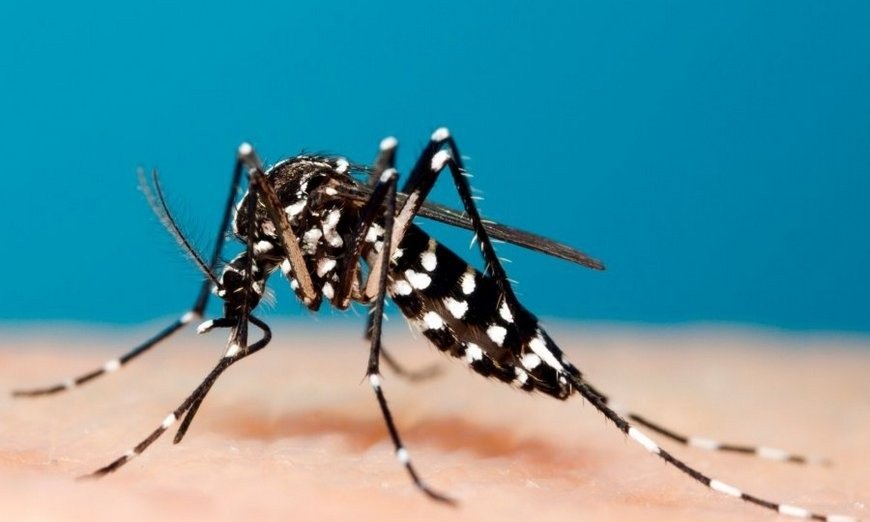First three cases of Zika Virus confirmed in India by WHO
May 29, 2017 | Monday | News
The disease is spread by daytime-active Aedes mosquitoes and an infection during pregnancy can cause birth defects in newborns known as micrcephaly--a condition in which babies' head is abnormally small
India has reported cases of the Zika virus, the World Health Organisation said, adding that efforts should be made to strengthen surveillance.
The WHO said that on May 15 India's health ministry reported three confirmed cases from the western state of Gujarat. Cases were detected during testing in February and November last year, while one was detected in January this year, according to the statement, which was released on Friday but did not gain public attention until Saturday.
A federal health ministry official said states were following standard protocols and there was "nothing to worry" about. The ministry had in March cited one confirmed case of Zika - from January of this year in Gujarat - while answering a question in India's parliament.
According to the statement given by WHO on its website, "These findings suggest low level transmission of Zika virus and new cases may occur in the future," the WHO said in the statement on its website. Zika virus is known to be circulating in South-East Asia Region and these findings do not change the global risk assessment."
The disease is spread by daytime-active Aedes mosquitoes and an infection during pregnancy can cause birth defects in newborns known as micrcephaly--a condition in which babies' head is abnormally small. It is characterised by brain damage and may cause other defects like blindness, deafness, and even seizures.
When the virus infects a pregnant woman, it can cause a variety of birth defects including microcephaly, where the baby's head is abnormally small.










